Ah, the Belgians. What do we make of them?
According to Nigel Powers, father of Austin Powers, they were the people who were so evil (you know, because they share a border with the Dutch), that they created Dr Evil.
Of course, many would find that a little harsh since the Belgians have also given us awesome chocolates, waffles, mussels and pomme frites; but they’re also responsible for Jean-Claude Van Damme. I mean, are we supposed to just forgive them for that? There are some things, like the Street Fighter movie, you just can’t “unsee”.
But thankfully for Belgium, Van Damme’s title as the country’s most famous export after Stella Artois could very well be taken from him by far, far better ambassadors – Belgian football’s Golden Generation.
Led by Manchester City’s Vincent Kompany, the finest defender in the Premier League this season and last by a good mile and a mighty fine captain, Belgium’s youthful national side are now starting to come of age – just in time for World Cup 2014.
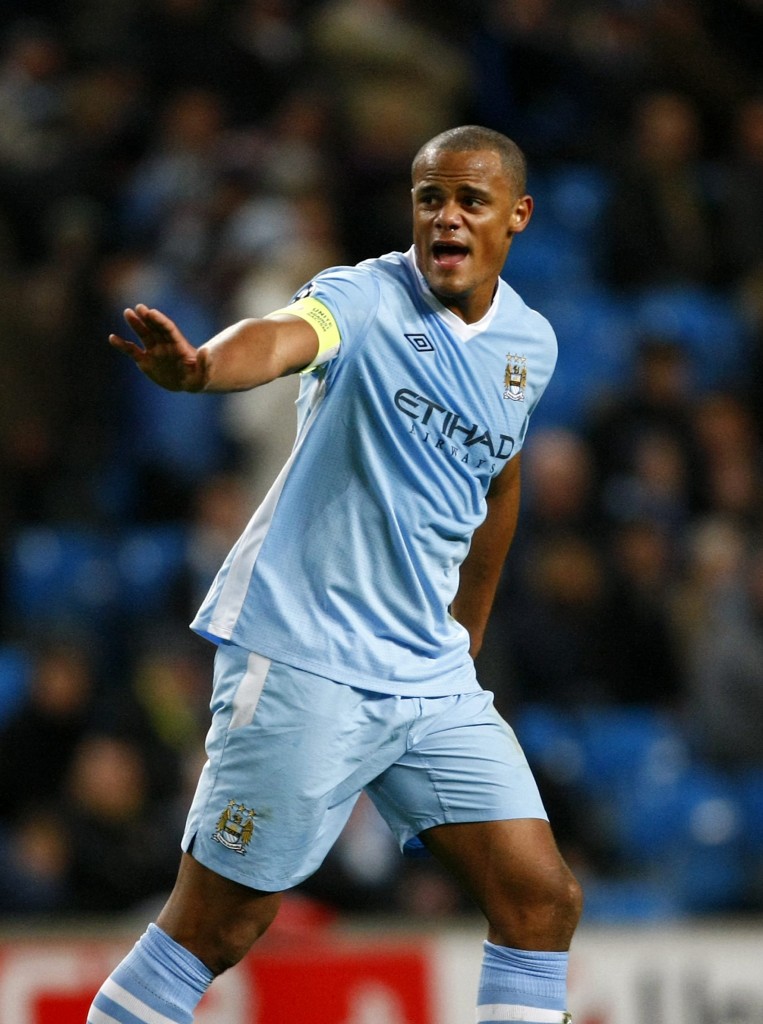
Manchester City's Vincent Kompany has the ability to lead Belgium football's golden generation to success.
Not only have they shown great character to win over the fans of their respective clubs and displayed a lot of more talent than Van Damme ever has in a movie career that has somehow survived 27 years, they also don’t end every single movie with a helicopter kick.
Unfortunately, the 2012 European Championships came a little too soon for them and they lost their qualification group to Germany and Turkey. However, in two years, you might find some of the best players in the world lining up for them in Brazil.
New Chelsea signing Kevin De Bruyne, 20, could very well be one of the stars of the Premier League by then. The winger has it all – a great physique, incredible pace, a thunderous shot and fantastic ability with the ball at his feet.
Then there’s Lille’s Eden Hazard, 21, Belgium’s Lionel Messi, who will most definitely be a top player at a top club. The race for his signature is already on after he admitted that he’d like to further his career away from Ligue 1 after this season and everybody, and I mean everybody, seems to want him.
Joining the pair to form a dangerous front three could be Moussa Dembélé, 24, the Fulham attacker who is constantly rumoured to be on the radar of the big boys. He’s shown glimpses of his potential at Craven Cottage, but a move to one of the big boys could really see him take his game to the next level.
Genk striker Jelle Vossen could provide a more traditional alternative to attacking midfielder Dembélé. The classy 22-year-old finisher is already beginning to establish himself as Belgium’s first-choice No.9, and could soon be challenged by Chelsea’s 18-year-old man-child Romelu Lukaku.
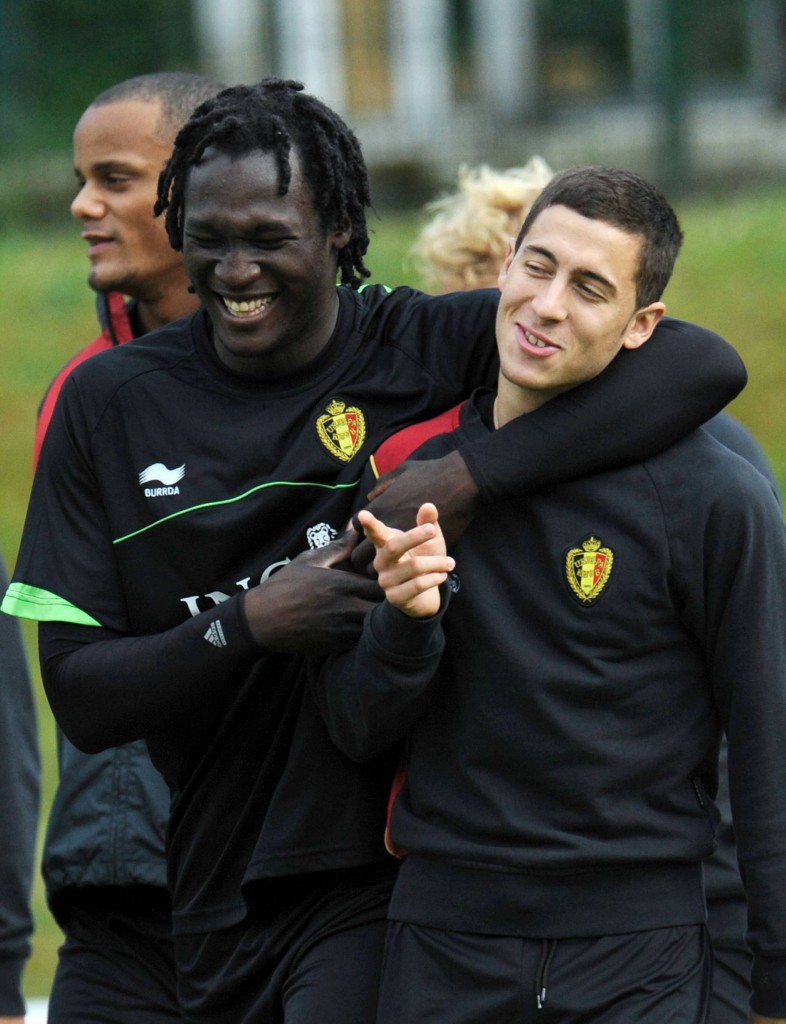
Two for the future - Chelsea's Romelu Lukaku and Lille's Eden Hazard, both considered among world football's brightest young talents.
In midfield, Belgium also have some very talented players, such as Everton star Maroune Fellaini, 24, who did such a great job stopping David Silva and company during the Toffees’ 1-0 victory over City last week.
Just like Kompany at City and Thomas Vermaelen at Arsenal, Fellaini has become a fan favourite, and not because of his hair (though it certainly helps, like Edgar Davids’ sunglasses), but because like many other Belgian players we’ve seen, he has no airs about him.
Fellaini first caught the eye of Europe’s elite during the 2007/08 season, when he and another two Belgian prospects, teenagers Steven Defour and Axel Witsel, were instrumental in Standard Liege winning their first league title in 25 years.
Defour, who became Standard captain at 19, even famously got a personal message of encouragement from Alex Ferguson after he suffered a broken leg, prompting rumours that Manchester United were poised to sign him (Fergie did eventually sign a Belgian, 15-year-old midfielder Andreas Pereira). You must be a pretty special kid to have a pen pal like Fergie.
The expected high-profile moves didn’t materialise for either player, and they both moved to the Portuguese Primeira Liga at the start of the season – Defour to Porto and Witsel to Benfica. But at 23, these guys still have time to convince the real big boys that they have what it takes.
The area of the pitch where Belgium have the most of talent, however, is at the back.
Apart from Kompany, Belgium also boasts defenders like Vermaelen, Bayern Munich’s Daniel Van Buyten, Ajax captain Jan Vertonghen and his teammate Toby Alderweireld; not to mention Chelsea’s highly-rated 19-year-old goalkeeper Thibaut Courtois.
What sets this group of fine defenders apart is that they’re not just strong, tough defenders, but also fantastic on ball.
Manchester City fans will be well familiar with Kompany’s ability to take the ball out of defense by now, while Arsenal fans have seen Vermaelen score some real thuderbolts having galloped forward with the ball.
But in Belgium, it is Alderweireld, 22, who has the reputation for blockbuster goals, while teammate Vertonghen, 24, is very much like Vermaelen, capable of bringing the ball forward which also allows him to play on the left-side of defense.
With such a talented collection of ball-playing defenders, Belgium will be able to construct moves from the back and play their way out of trouble, something which could give them a unique advantage.
It’s difficult to pin-point exactly where or how this golden generation of players came about, but there is one factor that could have been instrumental, one which brings to mind another classic Nigel Powers line: “There’s only two things I hate in this world. People who are intolerant of other people’s cultures, and the Dutch.”
Belgian football seems to have successfully intergrated Belgians of “other cultures”, so to speak.
Romelu Lukaku’s father, for example, played international football for Zaire. Dembele’s father is from Mali. Pereira is from Brazil. Witsel’s father was a footballer from Martinique. Fellaini’s parents are from Morocco.
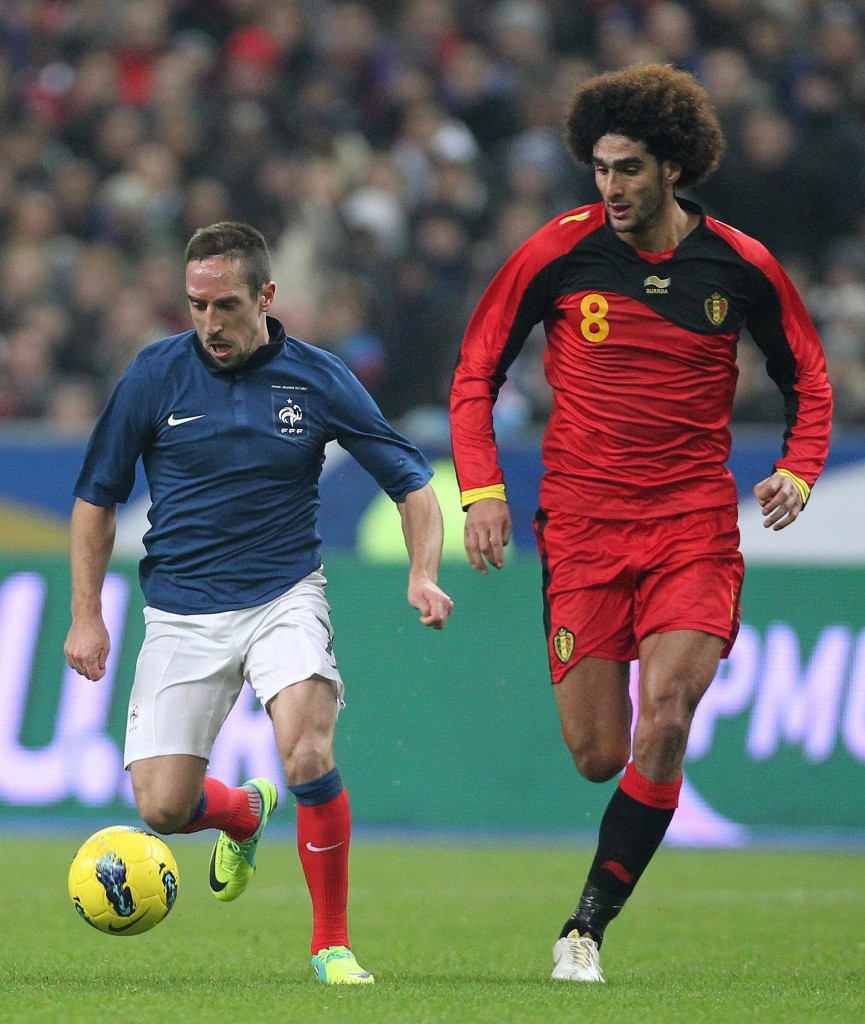
Everton's Marouane Fellaini is one of several players in the Belgian team that are of foreign descent. His parents are from Morroco.
Even their captain, Kompany, is a two-time winner of the Belgian league’s annual Ebony Shoe award, for the best player of African descent.
The Ebony Shoe has been around since 1992, but before Kompany first won in 2004, it went mainly to players who were actually African, with Emile Mpenza the only Belgian recipient before him.
The fact that Belgium’s golden generation is emerging right at the same time as these players of foreign descent could be a coincidence, but we’ve seen the same happen with Germany and their many players of Turkish and Polish descent.
This is, of course, very different from the countries that naturalise foreign football players who have absolutely nothing to do with their adopted nation, just so they can play better football.
Kompany, for instance, visited his father’s homeland for the first time just recently, as an ambassador for a charity project. He’s Belgian through and through.
So this Belgian national team, they’re not exactly like what we know about Belgium. They’re not evil, and they’re certainly not cheesy martial arts knuckleheads who can’t act to save their lives. They’re the real deal, and they’re showing the rest of the world how you can find strength in diversity through football.

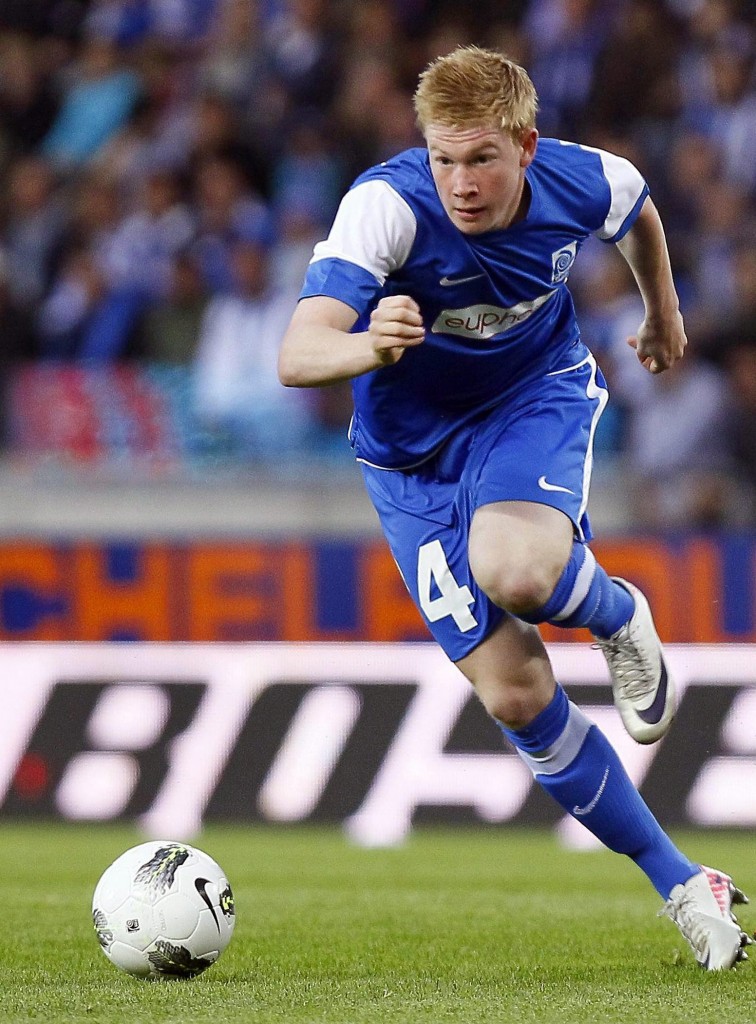
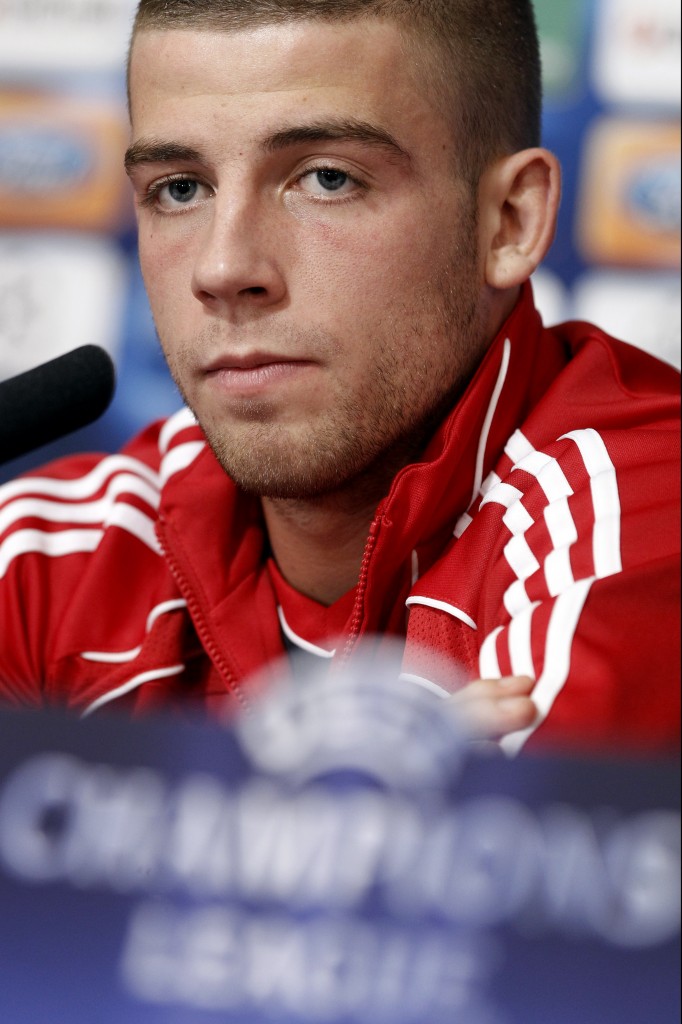
Tell us what you think!